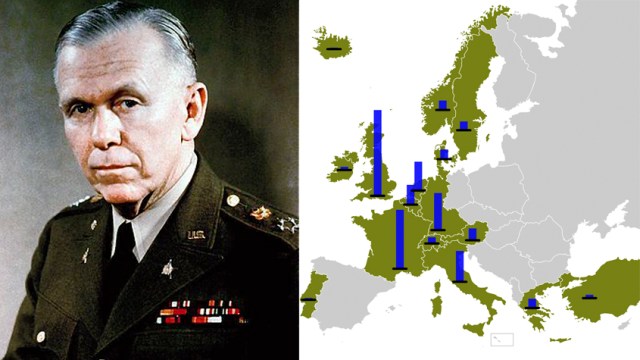Does loneliness have a genetic cause?

The witty observer, Tom Wolfe, once remarked that “the surest cure for vanity is loneliness.” While the sentiment reveals utility for the vain, for the depressed vanity is the furthest thing from their mind while battling the depths of their despair. There are many reasons why one is lonely; researchers are now figuring out just what they are.
Of course, we know the varying situations that lead to self-imposed confinement. Bars are social places (good) but promote excess alcohol (not so good), creating a public space for the lonely. Social anxiety grips the sufferer; the notion of “getting out there and meeting people” can easily trigger a panic attack. Obesity is a major factor. That one, specifically, has aided a team from the University of Cambridge School of Clinical Medicine in searching for a genetic cause of loneliness.
Their recent study, published in Nature Communications, investigates data from over 487,000 UK Biobank study participants in what might be the most wide-ranging research on the genetic causes of loneliness to date. The team, led by John Perry, a geneticist in the MRC Epidemiology Unit, discovered chemical markers that serve as potential gateways to loneliness.
As they write, roughly 25 percent of people in the UK over age 65 suffer from feeling alone. Loneliness is an integral factor in all-cause mortality, comparable to smoking and even more deadly than obesity. So they designed a study to address the chicken-or-egg nature of loneliness: do depressive symptoms and cognitive decline lead to social isolation or the reverse?
Since numerous questions regarding loneliness were included in the initial UK Biobank questionnaire, the researchers had a rich pool of data to pull from. The team identified 15 genetic variants associated with participation at fitness centers, pubs, and religious groups (the three social activities included in the survey). They continue:
These data highlight shared genetic architecture between loneliness and a range of complex traits, including a causal relationship (based on Mendelian randomisation) between body size and loneliness/depressive symptoms.
Obesity seems to be a main driver of loneliness. As Perry says, this too is a chicken-or-egg situation, though motivation plays an important role:
Perhaps if you are overweight, you feel self-conscious, which can lead to social withdrawal and depression, and on the flip side of the coin, once you get into a negative spiral of depression and loneliness, that could change your eating behaviors and how much you go out and exercise.
One variant is CADM2, which Perry says “modifies the perception of risk.” People with this variant are more inclined to participate in risky sports (a social endeavor), and hence, are less likely to experience loneliness. Of course, their risk of death increases, but that’s for another study.
Another variant, mostly seen in pub goers, is associated with alcohol dehydrogenase, the flush response some people (especially East Asians) experience while drinking. If you have this variant you’re less likely to drink; since alcohol is a depressant, you’re less likely to feel lonely (at least in relationship with drinking).
Perry knows this study isn’t offering solutions to loneliness, but it could lead to them, he says:
If this work can point to pathways that contribute to loneliness, we can ask if there is anything we can do about it. Perhaps one could target interventions in lonely people toward improving their cardio-metabolic health, which might have positive effects on their mental state and social isolation.
In his book, The Gene, Siddhartha Mukherjee writes that we’re now understanding “illness, identity, affinity, temperament, [and] preferences” on a genetic level. “Once we start thinking of genes as destiny, manifest,” he continues, “then it is inevitable to begin imagining the human genome as manifest destiny.”
Perry concludes that genetic traits are not necessarily destiny, however. Social isolation is complex, including numerous genetic and non-genetic factors, including family life, finances, and relationship status. But, as Mukherjee says in his remarkable book, knowing your genetic variants empowers you with the knowledge of what actions you should take to avoid distress and illness.
As the lonely know, their predicament can be crippling. A little knowledge goes a long way, yet, as Perry suggests, you have to take the steps to ensure you don’t wander into a destiny you never wanted. Interestingly, Perry and team note the relationship between loneliness and cardiovascular and metabolic health. One intervention we can count on is getting your heart rate up. Nothing beats the feelings after a good run.
—
Stay in touch with Derek on Facebook and Twitter.





